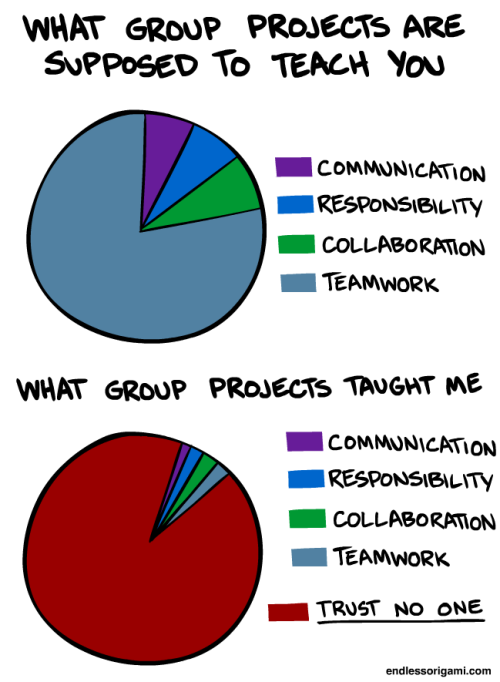Imagine that you are at a big party and someone across the room catches your eye. You make your way over to them and after a brief chat you find each other interesting enough that you decide to go out on date. You have a lovely dinner together, during which you find you get along really well and have similar interests. At the end of the date, the other person whips out a contract and asks you to commit to dating them for the next five years. You would probably assume that this person is f--king crazy, no?
Welcome to grad school. When those five years are up you will "break-up" with your supervisor and repeat the process for a two-year contract as a postdoc.
On the surface this scenario seems ridiculous, but this is essentially how applying to work with a mentor goes down. You are interested in their work, you apply to work with them. If they are sufficiently interested in you, they bring you in for an interview (which is on par with a first date for anxiety provocation). If you mesh well during the interview you can look forward to committing yourself to this person for an extended period of time.
In my last post I talked about my day at the mandatory responsible conduct of research seminar: 3/4 of it was pretty dull, but there was one session that was actually interesting and potentially useful. It was on the mentor-trainee relationship and the rights and responsibilities of each party. Perhaps not surprisingly, many of the same qualities that make for good personal relationships are really important for positive and productive mentoring relationships as well.
1) It takes two
I think one thing that gets forgotten when problems do arise in mentor-trainee relationships is that it is, in fact, a relationship and both parties have played a role in whatever problems have arisen. Mentors and trainees share responsibility for the quality of their relationship. Of course, there is a power imbalance inherent in this relationship, which means the mentor probably needs to be more aware of how his-or-her actions are influencing the trainee than vice versa, but trainees have to take responsibility as well. If you're not getting what you need from your mentor you need to speak up (nicely, of course!). Which leads to...
2) Communicate!!!
To have a successful and productive relationship, both mentors and trainees have to make themselves available to the other person, listen carefully to the needs and expectations that the other person is expressing, and clearly communicate their own needs and expectations. If you discover mismatches in your expectations early on you can address them and hopefully come to a solution, but if your expectations aren't clear and explicit there's a pretty good chance that the other person is not going to live up to them and everyone will be disappointed and miserable. Make sure you are clear about what you are expecting from your mentor, and if you're not sure what they expect from you, ask.
3) ****You can have multiple mentors****
I put lots of extra stars by this because I think it's a point that's not talked about much but really important. Everyone has strengths and weaknesses and different areas of expertise. It is perfectly ok to seek out mentorship from people other than your supervisor who have skills that you want to learn. You shouldn't expect one person to provide you with everything you need and a good supervisor will recognize when there are things they can't teach you and encourage you to find that information elsewhere.
4) Keep learning
A good relationship is hard work. The mentor-trainee relationship is no exception and will continually evolve over time. Mentors can learn through experience and feedback to become better mentors. Similarly, trainees can learn to be more successful trainees and can learn how to become good mentors themselves. If everyone keeps communicating and is open to constructive criticism, mentor-trainee relationships can be positive, productive, and end with both parties having forged valuable friends and colleagues for future collaborations.
